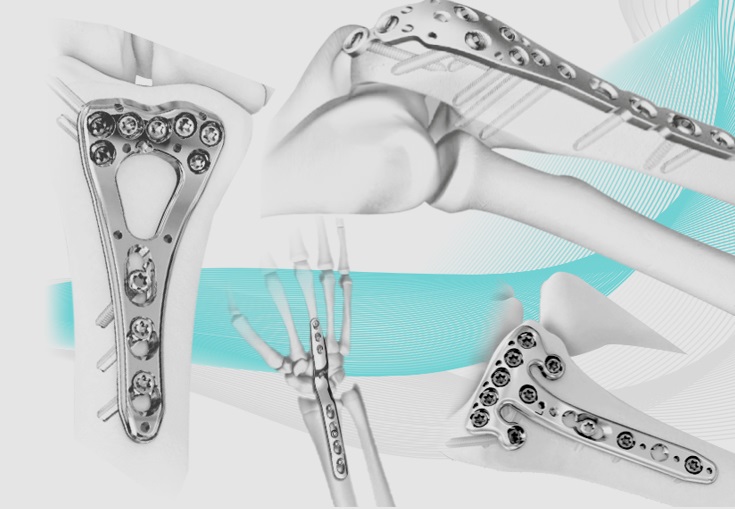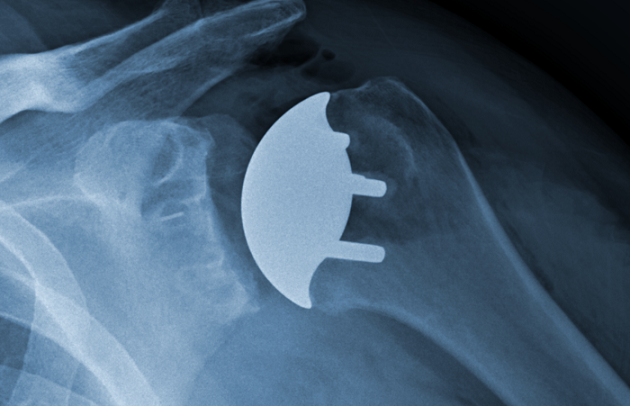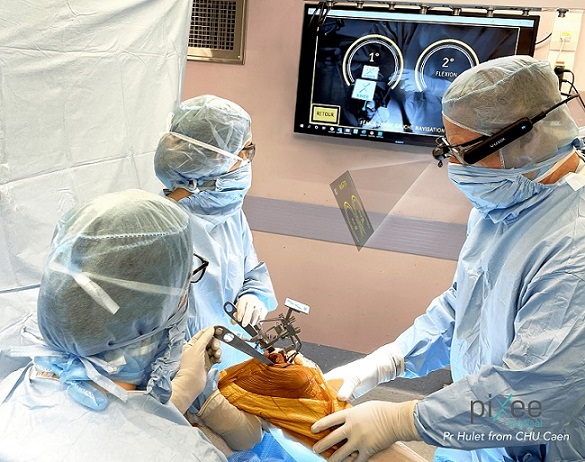Elizabeth Hofheinz, M.P.H., M.Ed.
New work from the Stanford University School of Medicine has found that having the same hospitalists dedicated to the orthopedic surgery service year-round may help reduce medical complications in hip fracture patients.
Their work, “Merits of Surgical Comanagement of Patients With Hip Fracture by Dedicated Orthopaedic Hospitalists,” appears in the March 2021 edition of Journal of the AAOS Global Research and Reviews.
Nidhi Rohatgi, MD, MS, FACP, SFHM is Section Chief, Surgical Co-management, Division of Hospital Medicine and Director of Clinical Research (Palo Alto) at the Stanford University School of Medicine.
Dr. Rohatgi told OSN: “The surgical co-management (SCM) model of practice was started at Stanford Health Care in 2012. We currently have internal medicine hospitalists dedicated year-round to neurosurgery, orthopedic surgery and ENT – what this means is that a neurosurgery hospitalist only sees patients on neurosurgery all year-round, except when on call.”
“The goal of SCM model was to predict and prevent medical complications of surgical patients (and indirectly reducing length of stay and cost of care), improve patient experience, timely medical interventions to be provided to surgical patients to reduce code blues/escalation to ICU for medical issues, and allow more time for surgeons to be in the operating room.”
“SCM hospitalists do not do history and physical or discharge summaries. These patients are admitted to primary surgical services. This also helps the general medicine services cater to the medical patients coming in through the emergency rooms and helps with throughput in the hospital.”
“We published some of the benefits of our model of care here as an opinion piece: https://www.amjmed.com/article/S0002-9343(19)30698-9/fulltext”
“Prior to 2012, surgeons would consult hospitalists AFTER the complications had already occurred, so the opportunity to predict and prevent medical complications was lost.”
As for the timing of this work, Dr. Rohatgi told OSN, “Most models of care in medicine do not show sustained improvement. We wanted to assess if our SCM model of care has stood the test of time or not. Over the years, our surgical census has grown, surgical and medical complexity has increased, and surgical and anesthetic techniques have changed. The financial landscape is also changing, and we want to see if the SCM model of care is still a value-add service in times of alternative payment models or not. At this time, our institution is not participating in bundled payment model.”
“The most important results from this article are that SCM hospitalists who are dedicated to orthopedic surgery can reduce medical complications without an increase in length of stay or inpatient mortality. And this is despite an increase in medical complexity.”
“We have shown similar reduction in medical complications in all orthopedic surgery and neurosurgery patients. I think the reason for this sustained improvement is that dedicated hospitalists spend years of life understanding the surgical procedures, the expected fluid shifts or blood pressure changes or blood loss, they can predict these complications and proactively work to prevent complications, they have a rapport with the surgical service, they take ownership of their patients, they write orders in the patient’s charts, and they facilitate care coordination with outpatient providers or other inpatient medical consultants, so the patients can have the best outcomes.”
Looking backwards and forwards, says Dr. Rohatgi, “Over the years, we have published several articles on our SCM model of care. In our initial study (https://pubmed.ncbi.nlm.nih.gov/26764873/), we had a control group which we no longer have as the other group moved to another location. As our next steps, it would be great to study the long-term medical outcomes of patients, patient reported medical outcomes, cost-effectiveness analyses, implement virtual care platforms for assessment or management and study their impact.”
“My message to my colleagues is that multidisciplinary collaboration between specialists dedicated to the care of our surgical patients is essential for the best outcomes, starting from preoperative to the postoperative period. The goal is to predict and stay a step ahead, collect all the necessary information about the patient, and use that information to prevent, identify early, or effectively manage the patients.”








